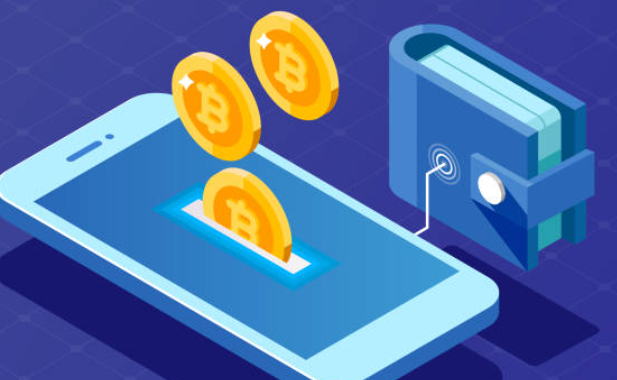Financial inclusion, the access and usage of financial services by individuals and businesses, is a crucial factor in promoting economic growth and reducing poverty worldwide. In recent years, Bitcoin wallets have emerged as a potential tool for fostering financial inclusion, particularly in regions with limited access to traditional banking services. In this article, we will explore the impact of bitcoin payments on financial inclusion and how they can empower individuals and communities.
Access to Financial Services
Bitcoin wallets provide individuals with access to financial services without the need for a traditional bank account. All that is required is a smartphone or internet connection. This is especially beneficial in underserved areas where traditional banking infrastructure is lacking. Bitcoin wallets enable users to store, send, and receive funds securely, giving them control over their financial transactions.
Cross-Border Payments
One of the significant advantages of Bitcoin wallets is their ability to facilitate cross-border payments at lower costs and faster speeds compared to traditional methods. This is particularly beneficial for individuals who rely on remittances from abroad. Bitcoin wallets provide a more efficient alternative to expensive and time-consuming traditional remittance services, enabling individuals to receive funds quickly and securely.
Microtransactions and Peer-to-Peer Payments
Bitcoin wallets are well-suited for microtransactions and peer-to-peer payments, allowing individuals to engage in economic activities that were previously inaccessible or costly. This opens up opportunities for small businesses, freelancers, and entrepreneurs to participate in the digital economy and access a broader customer base. Bitcoin wallets can empower individuals by enabling them to transact directly with others, eliminating the need for intermediaries and reducing transaction costs.
Financial Empowerment and Ownership
Bitcoin wallets empower individuals by giving them full control and ownership of their funds. With traditional banking systems, individuals often have to rely on intermediaries and trust centralized institutions. Bitcoin wallets allow users to be their bank, providing greater financial autonomy and reducing dependence on third parties. This is particularly valuable for individuals who have limited access to traditional banking services or face discrimination or exclusion based on their socioeconomic status.
Education and Awareness
The adoption of Bitcoin wallets can contribute to financial literacy and awareness, promoting a deeper understanding of financial concepts and technology. By using Bitcoin wallets, individuals can learn about decentralized finance, blockchain technology, and the potential of cryptocurrencies. This knowledge empowers individuals to make informed financial decisions and opens up opportunities for economic growth and prosperity.
In short, Bitcoin wallets have the potential to significantly impact financial inclusion by providing access to financial services, facilitating cross-border payments, enabling microtransactions and peer-to-peer payments, fostering financial empowerment and ownership, and promoting financial education and awareness. While challenges remain, such as addressing infrastructure limitations and ensuring regulatory compliance, the growing adoption of Bitcoin wallets has the potential to bridge the gap and bring financial services to underserved populations. By harnessing the power of technology and embracing decentralized financial solutions, we can work towards a more inclusive and equitable financial system for all.
